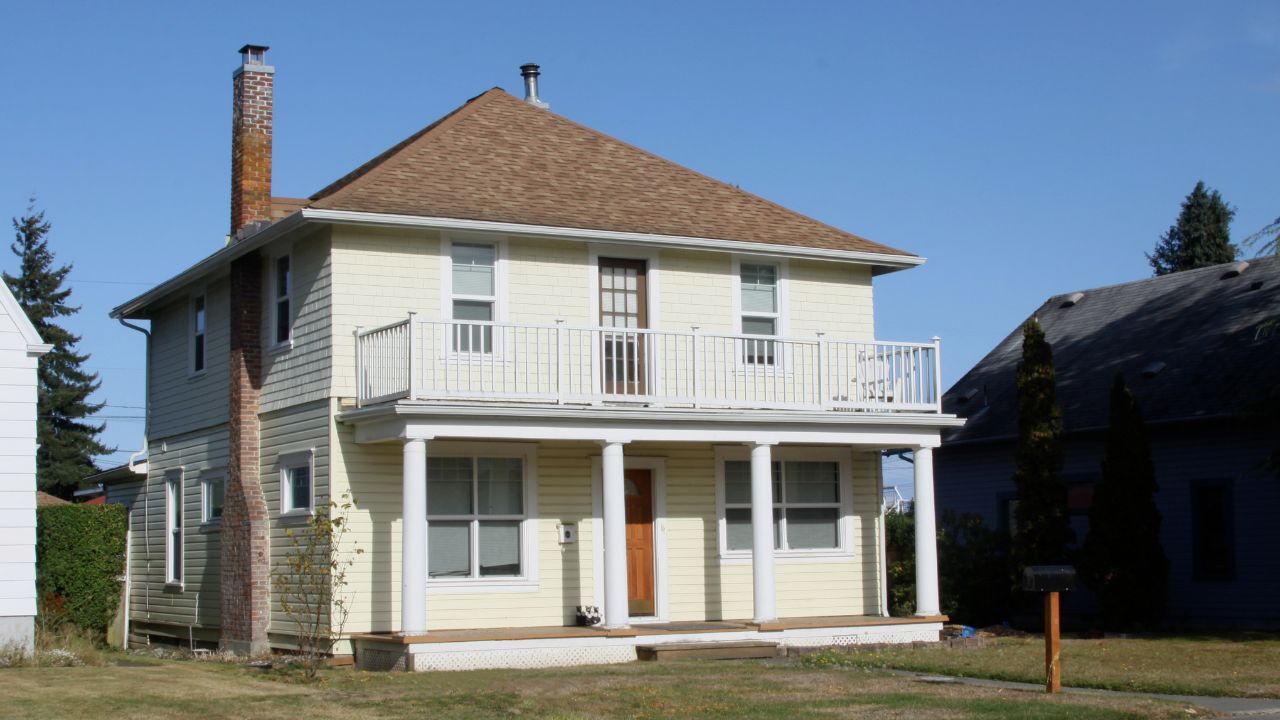 Many buyers delay decisions while waiting for a home that checks every box. While patience is valuable, perfection often creates paralysis. Understanding the difference between standards and unrealistic expectations helps buyers move forward with confidence.
Many buyers delay decisions while waiting for a home that checks every box. While patience is valuable, perfection often creates paralysis. Understanding the difference between standards and unrealistic expectations helps buyers move forward with confidence.
Perfection Is Subjective
What feels perfect today may not feel perfect next year. Needs change, preferences shift, and priorities evolve. Holding out for flawlessness can delay progress indefinitely.
Opportunity Has a Window
Homes that align well with budget, location, and lifestyle do not appear endlessly. Buyers who hesitate too long often miss strong opportunities that were well-suited.
Compromise Is Strategic
Every purchase involves trade-offs. Smart buyers decide which features are essential and which are flexible. That clarity reduces stress and supports faster decisions.
Support Creates Confidence
A real estate agent helps buyers distinguish between deal-breakers and distractions. That guidance prevents second-guessing and builds momentum.
The goal is not perfection. The goal is alignment. When expectations are realistic, buyers move forward with clarity instead of hesitation.
 Selling a home is not just a financial decision, it is an emotional one. Your home holds memories, routines, and milestones that make it more than four walls. When it is time to sell, those emotions can make the process feel overwhelming. As real estate professionals, we help homeowners prepare not only their property, but also their mindset. With the right emotional preparation, you can move forward confidently and make the transition smoother for your entire family.
Selling a home is not just a financial decision, it is an emotional one. Your home holds memories, routines, and milestones that make it more than four walls. When it is time to sell, those emotions can make the process feel overwhelming. As real estate professionals, we help homeowners prepare not only their property, but also their mindset. With the right emotional preparation, you can move forward confidently and make the transition smoother for your entire family. Buying your next home is an exciting milestone, but it also comes with important financial decisions. Whether you are upgrading, downsizing, or relocating, preparation is key. Market conditions evolve, lending standards change, and personal finances shift over time. These seven essential tips will help you approach the process with clarity and confidence.
Buying your next home is an exciting milestone, but it also comes with important financial decisions. Whether you are upgrading, downsizing, or relocating, preparation is key. Market conditions evolve, lending standards change, and personal finances shift over time. These seven essential tips will help you approach the process with clarity and confidence. Selling your home is a major milestone, and preparation plays a key role in achieving a strong result. Buyers form opinions quickly, and thoughtful updates can influence both interest and offers. These steps help position your home to appeal to today’s buyers while maximizing value.
Selling your home is a major milestone, and preparation plays a key role in achieving a strong result. Buyers form opinions quickly, and thoughtful updates can influence both interest and offers. These steps help position your home to appeal to today’s buyers while maximizing value. Buying a home is already a major decision, but when you are navigating a shared custody schedule, the process becomes even more personal and complex. Location, school boundaries, commute times, and daily logistics all play a larger role in your home search.
Buying a home is already a major decision, but when you are navigating a shared custody schedule, the process becomes even more personal and complex. Location, school boundaries, commute times, and daily logistics all play a larger role in your home search. Older homes have charm, character, and architectural details that newer properties often lack. From original hardwood floors to vintage craftsmanship, they can feel timeless and full of personality. However, behind the charm can come age-related challenges that buyers should not overlook. Understanding how to budget for repairs and updates helps buyers make informed decisions and protects their investment long after closing.
Older homes have charm, character, and architectural details that newer properties often lack. From original hardwood floors to vintage craftsmanship, they can feel timeless and full of personality. However, behind the charm can come age-related challenges that buyers should not overlook. Understanding how to budget for repairs and updates helps buyers make informed decisions and protects their investment long after closing.